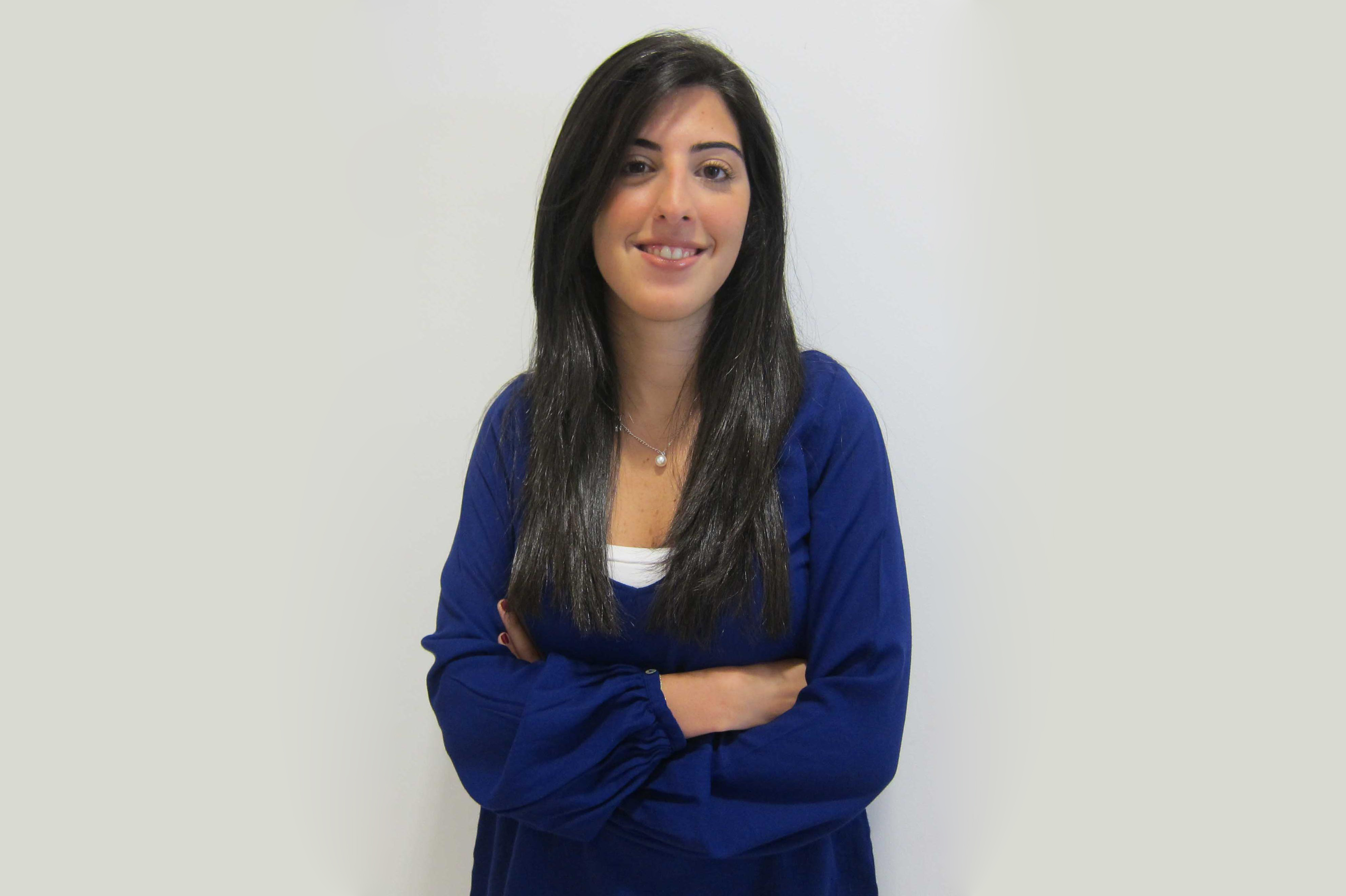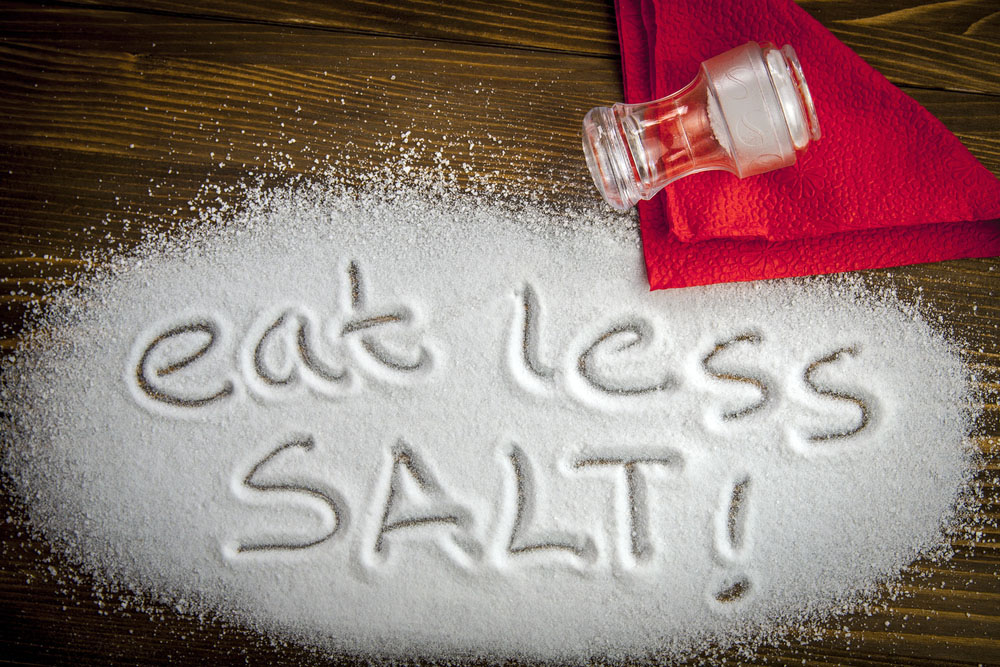
Hypertension, or high blood pressure, remains a major health concern in the UAE. Around 30 percent of adults in the emirates have high blood pressure, it was revealed during the May Measurement Month 2018 symposium. The conclusions from the two-day event to raise awareness about hypertension, which was held in Dubai last year, were based on three separate studies in Dubai, Abu Dhabi and Al Ain. What’s more, health officials warned the prevalence could increase with time due to a detrimental lifestyle, stress and other risk factors.
What To Know About Hypertension
In many adults, hypertension is ‘primary,’ meaning there aren’t any known causes. While in others, high blood pressure is ‘secondary’ to a basic condition, like kidney problems or defects in blood vessels. Hypertension, essentially the result of a high force of blood pushing consistently against the walls of blood vessels, is especially dangerous because its symptoms are undetectable. Therefore, harm to the blood vessels and the heart may be caused for years without anyone knowing. “High blood pressure doesn’t usually show any warning signs or symptoms,” Maria Abi Hanna, a certified practitioner in eating disorders and Clinical Dietician, said. “Plus having high blood pressure puts you at risk for heart disease and stroke, which are leading causes of death.”

The Importance of The Right Diet
There is some good news though, according to Abi Hanna, a UAE-based American University of Beirut graduate. ‘It can be prevented by following a healthy diet and an active lifestyle.”
The DASH diet, which stands for Dietary Approaches to Stop Hypertension, is a lifelong approach to healthy eating that is designed to help treat or prevent high blood pressure. It has also been called a ‘diet for all diseases’ and can benefit everyone. “In a nutshell, the DASH diet guidelines suggest you eat more low-fat protein sources, whole grains and plenty of fruits and vegetables, as well as reduce the sodium intake in your diet and include a variety of foods rich in nutrients that help lower blood pressure, such as potassium, calcium and magnesium,” Abi Hanna explained.

Eating Right
Abi Hanna suggests the following to adopt the simple, balanced eating plan, which should be supported with physical exercise:
- Include nuts, seeds, dried beans and peas during the week as they are rich in potassium, magnesium and fibre
- Replace full-fat milk and dairy products with low-fat or fat-free items for milk, cheese and yogurt
- Cut back on foods that are high in saturated fat, cholesterol and trans fats such as butter, fried food, fatty meats, and ready-made salad dressings
- Reduce your intake of processed foods such as deli meats, processed cheese, frozen meals, fast food, salted nuts and chips
- Limit the use of various condiments such as mustard, ketchup, barbeque, MSG and soy sauce
- Read food labels to choose products that are lower in sodium
- Reduce your intake of caffeinated beverages such as coffee, tea and soda
















